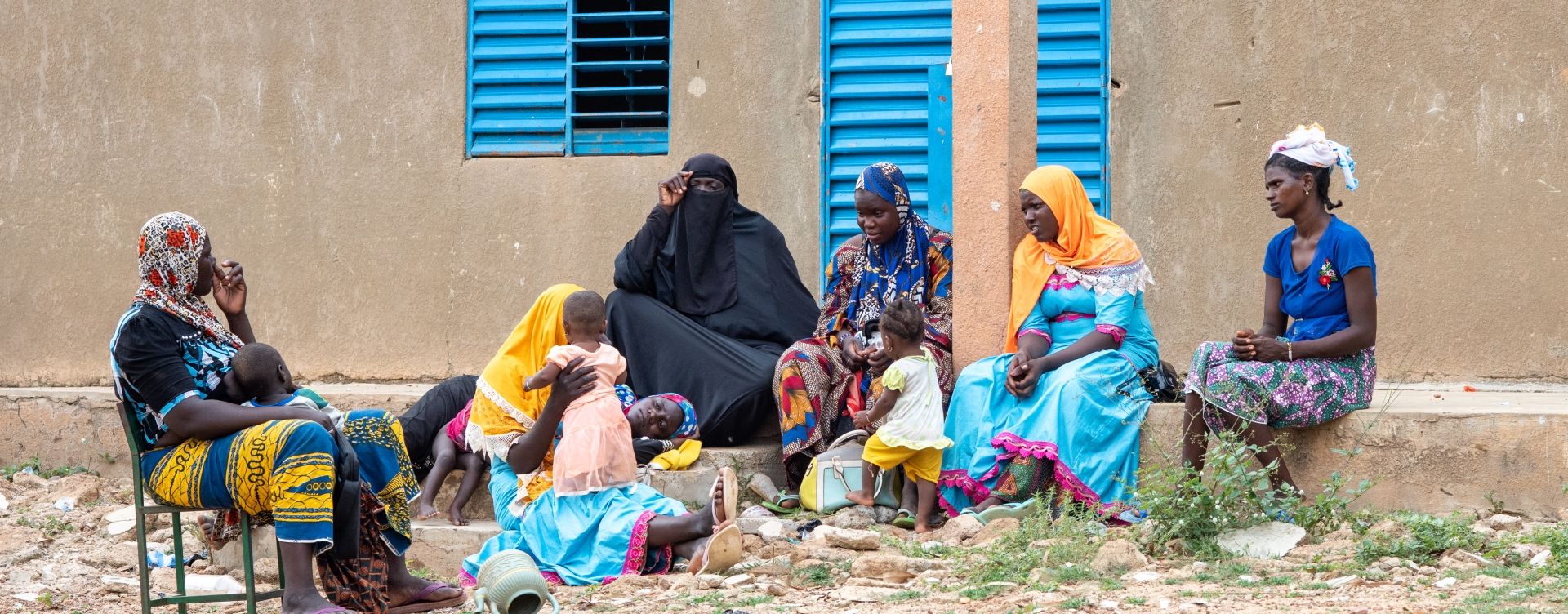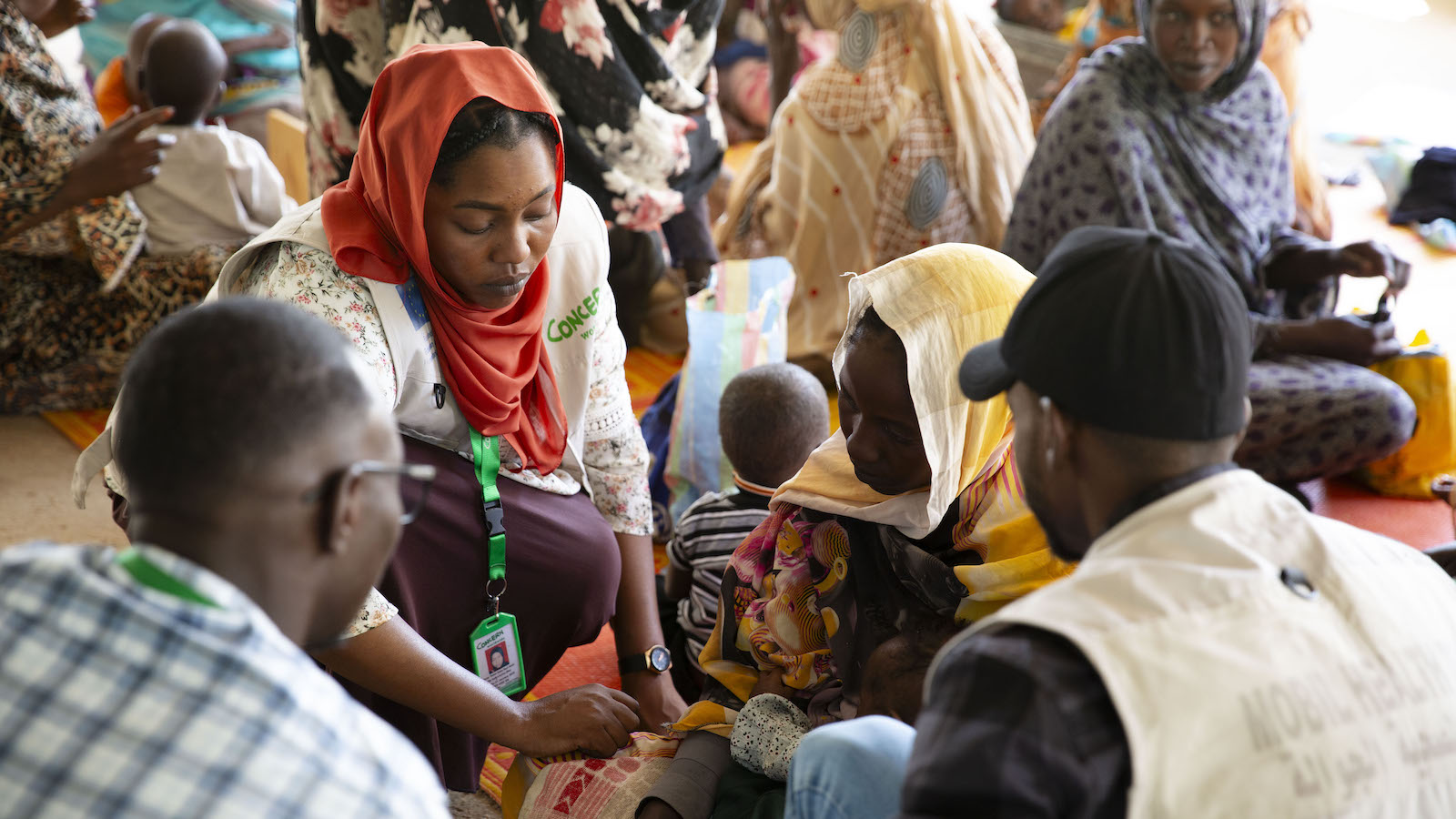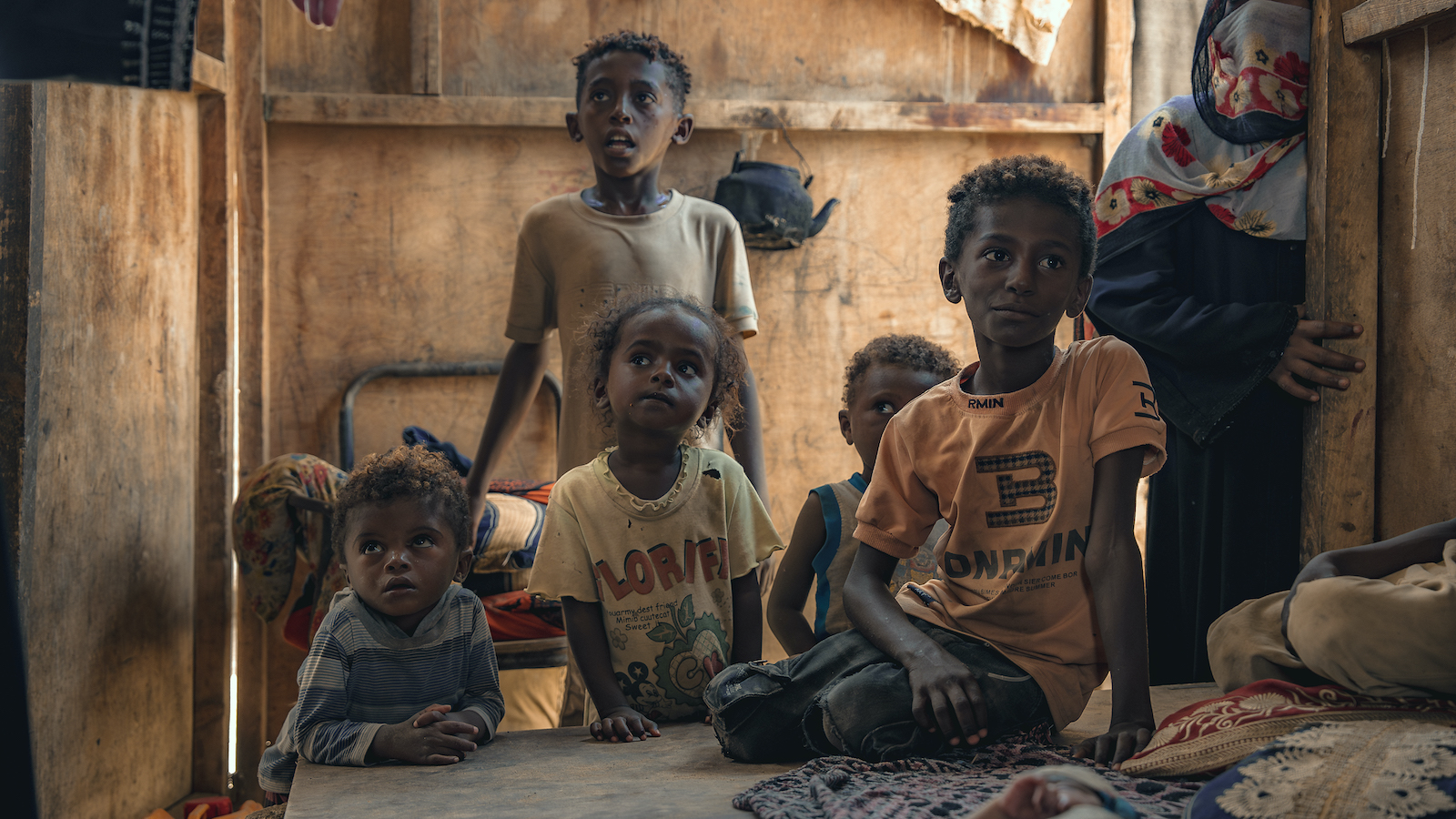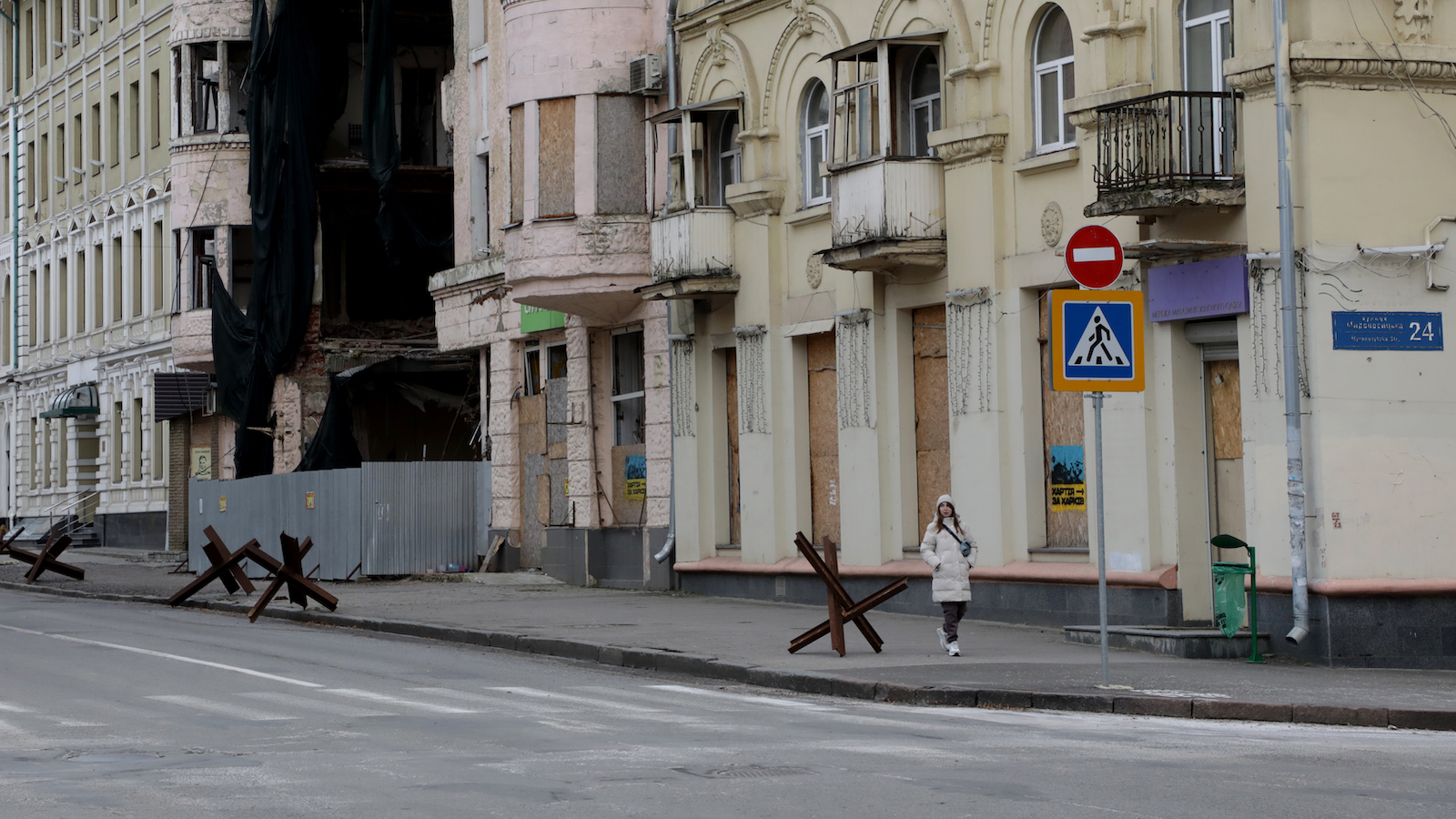Here are five things to know about what's going on in Burkina Faso in 2024.
A landlocked country in western Africa that’s home to over 23 million people, Burkina Faso is the site of a rapidly-escalating crisis that has gone largely underreported in our media.
The news we are seeing from Burkina Faso focuses on the country’s political instability and a larger crisis across the Sahel region that has seen an increase in conflict. However, the worst of the crisis goes beyond violence and politics, and is focused on the more than 25% of Burkinabè who will require humanitarian assistance this year and are facing additional threats of hunger, climate change, and more.
Here’s what you need to know about Burkina Faso’s crisis in 2024 — and what Concern is doing to help.
1. Burkina Faso has faced a decade of crisis, with an escalation of violence over the last five years
A lot of the challenges faced by Burkina Faso today are rooted in the last century of history. Since gaining independence in 1960, the country has advanced in many ways, but has also faced periods of political instability and conflict. In 2014, a popular uprising led to a shift in political leadership. Throughout the following years, conflict in northern Mali began increasingly spilling over into Burkina Faso, with attacks reaching Burkina’s capital, Ouagadougou, on January 15, 2016.
By 2018, the violence had intensified and led to a rapidly deteriorating security situation in the country’s northern and eastern regions as conflict spread. Between 2019 and 2021, the number of security incidents more than tripled according to the Global Peace Index. Two coups d’état took place in January 2022 and September 2022, resulting in three presidents serving in just one year. Over 10,000 civilians have been killed in security incidents since 2019, with 2,550 killed since the beginning of 2024 alone. Since the start of 2023, there has been a monthly average of 100 clashes.
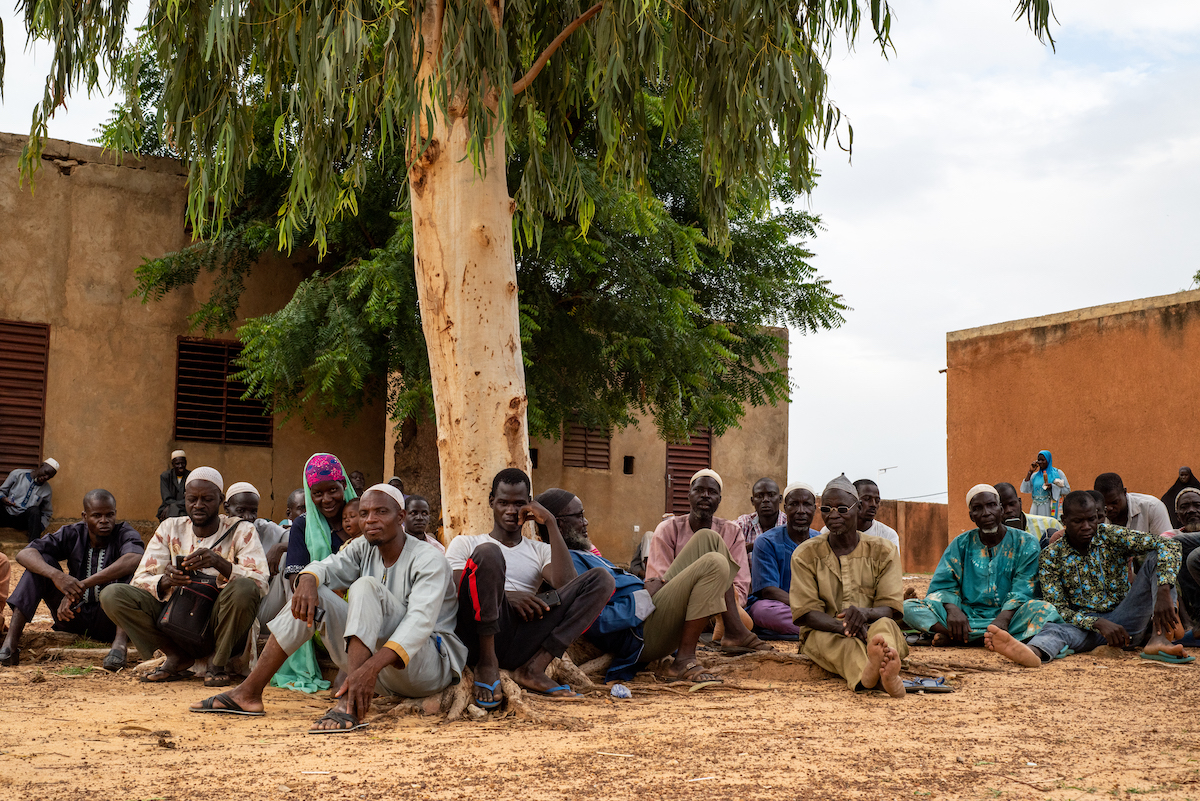
2. Roughly 6.3 million Burkinabè require humanitarian assistance
Since 2016, the humanitarian need in Burkina Faso has quadrupled, with over 25% of the population requiring humanitarian assistance in 2024 — some 6.3 million people. Between 2023 and 2024 alone, humanitarian need has increased by 35%. As the UN’s Office for the Coordination of Humanitarian Affairs (OCHA) reports, both the quantity and severity of need has increased in that time. The key areas of concern are food security (3.8 million in need), protection (3.7 million in need), water, hygiene, and sanitation (3.7 million in need), and healthcare (3.5 million in need).
Protection is especially crucial as more and more Burkinabè become displaced by fighting. Per OCHA, the civilian impact of fighting in the first ten months of 2023 was 65% greater than the impact from the same time period in 2022. OCHA also reports an increasing number of incidents of isolating civilian populations through the destruction of infrastructure and access routes. Currently 40 localities with an estimated 2 million inhabitants are under blockade, meaning people and goods are not allowed to move in or out.
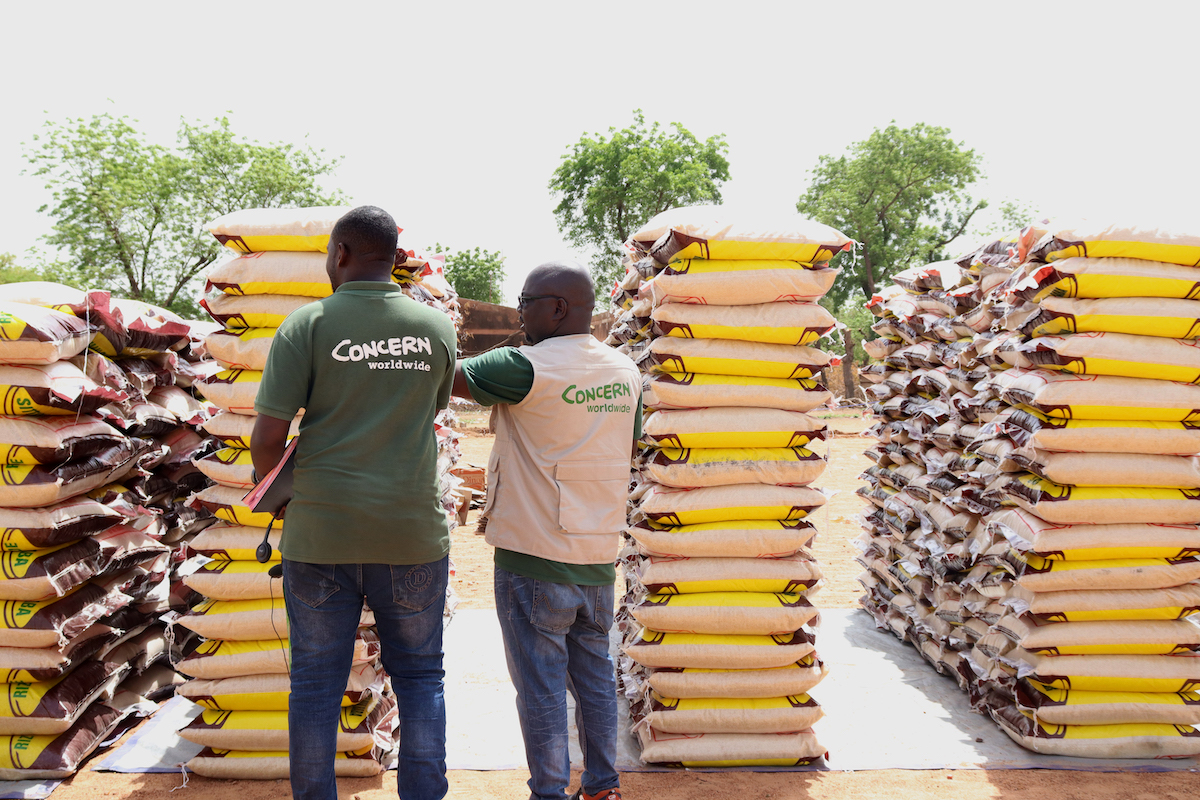
3. Hunger in Burkina Faso is at an all-time high
Nearly nine years of conflict and displacement have led to an all-time high for hunger in Burkina Faso. As noted above, 3.8 million Burkinabè will require food assistance this year.
The Integrated Food Security Phase Classification (IPC) estimates that, between August 2023 and July 2024, nearly half a million children under the age of five and over 131,000 pregnant and breastfeeding women will face elevated levels of acute malnutrition (including over 110,000 cases of severe acute malnutrition).
Most troublingly, the Famine Early Warning Systems Network (FEWS NET) warned in December 2023 that crisis (IPC Phase 3) and emergency (IPC Phase 4) levels of hunger would increase in the northern and eastern provinces of the country — where fighting is most prominent. FEWS NET also said there was reason to believe that ongoing blockades to humanitarian aid would lead to famine or famine-like conditions (IPC Phase 5) in parts of the country should aid not be allowed through.
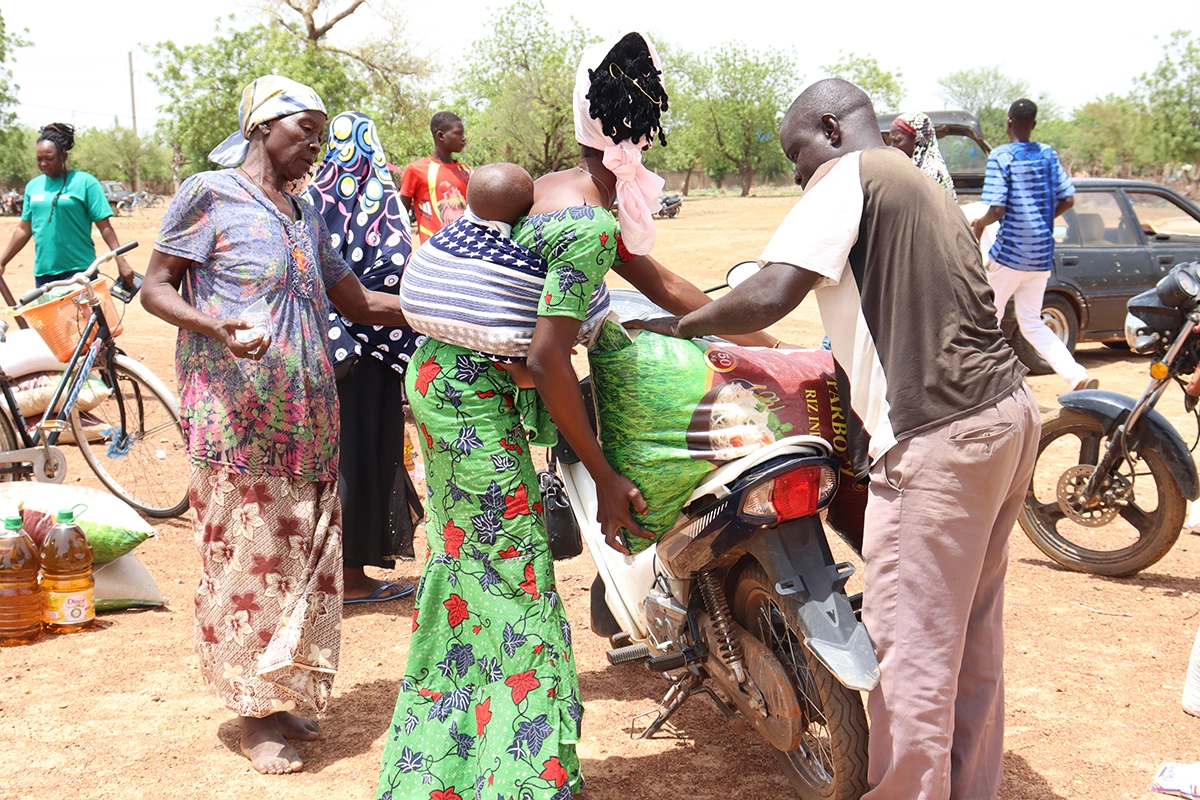
4. Climate change has made everyday life even more difficult for millions of Burkinabè
In addition to conflict, Burkina Faso is also facing both catastrophic flooding and droughts that carry huge implications for the 80% of people who rely on rain-fed agriculture for their livelihoods. Rising average temperatures and decreasing rain periods are testing the resilience of the country’s farmers. With rainfalls already declining, the UN predicts a further 10% decrease by 2050 and an average median temperature increase of 1.4º to 1.6º Celsius. The UN estimates that, on average, harvests decreased by 50% in northern Burkina Faso due to climate events. In some areas, that figure is as high as 80%.
This year alone, a deadly heatwave in the Sahel and West Africa through March and April saw the maximum temperature in Burkina Faso 1.5ºC hotter than average during the day, and 2ºC hotter at night. While those increases sound slight on paper, scientists have called this a once-every-200-years event, and one that can be expected to become more frequent.
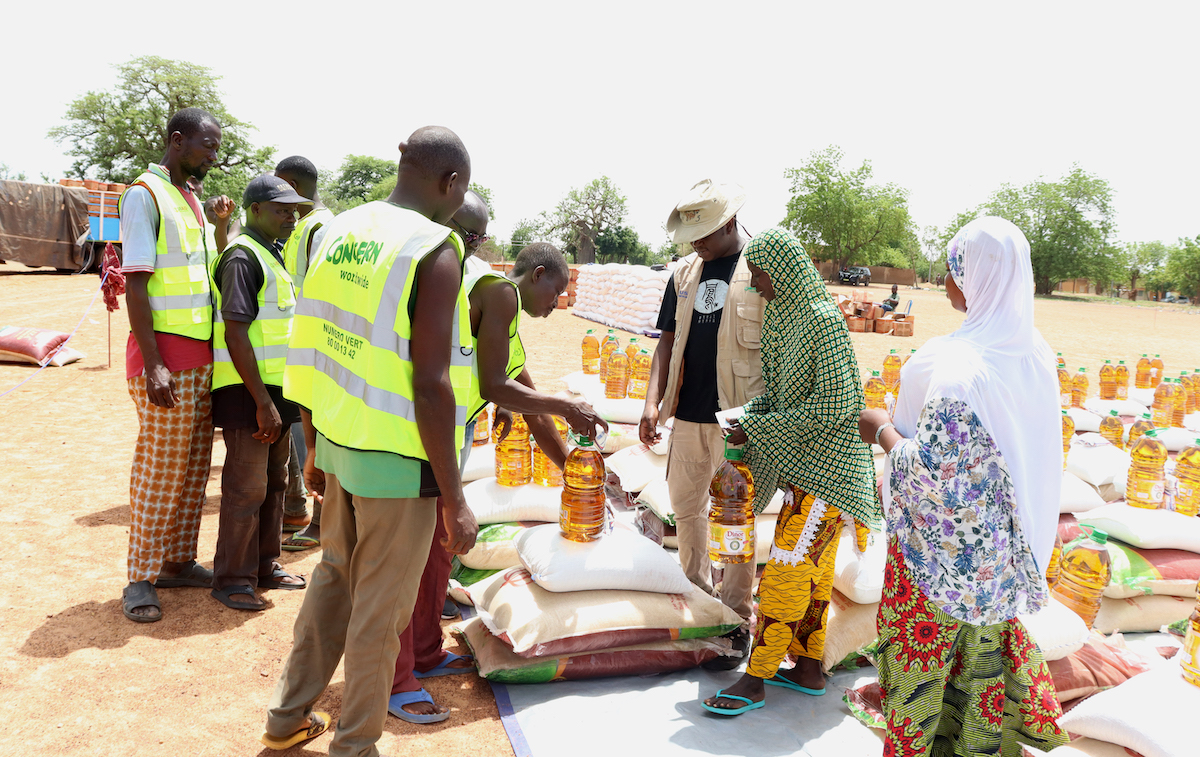
5. Ten years in, the crisis is becoming more and more neglected
Burkina Faso remains one of the world’s so-called “forgotten” humanitarian crises. In both 2022 and 2023, the Norwegian Refugee Council echoed this, citing a lack of humanitarian funding, a lack of media attention, and a lack of international political or diplomatic initiatives. In planning its 2024 budgets, OCHA reported it would need $934.6 million to meet the bare minimum needs in Burkina Faso for the year ahead. As of May 2024, it had only received $118.7 million USD, approximately 13% of the overall funding needed.
Ongoing attacks have left over 2 million Burkinabè — roughly 10% of the country’s population — internally displaced, sometimes multiple times over. These movements, combined with a complete lack of humanitarian access to certain key areas, are making it harder for organizations to deliver lifesaving food, medical support, and other essentials for hundreds of thousands of people.
While there has been some media coverage of Burkina Faso in the wake of the 2022 coups and an overall increase in attention on the Sahelian crisis writ large, the scale of the humanitarian crisis, and the impact that conflict and displacement has on the most vulnerable civilians, is rarely mentioned.
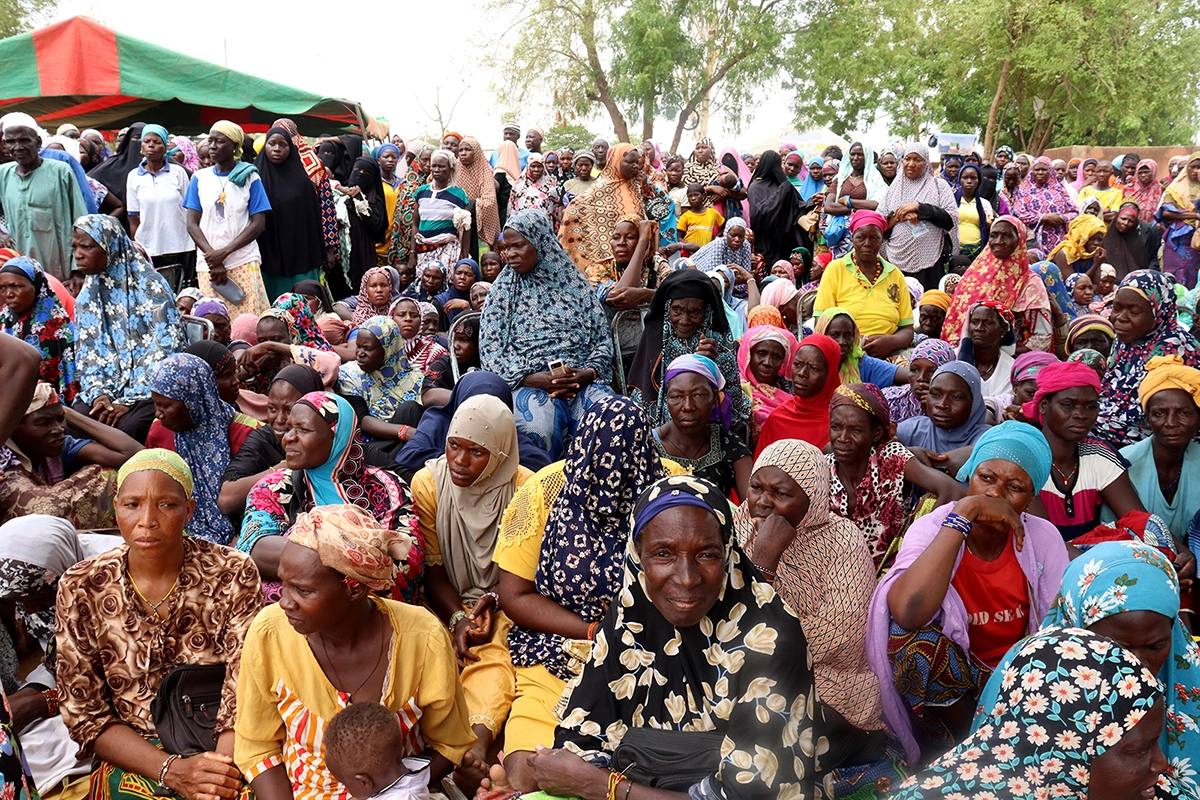
Concern in Burkina Faso
Concern has been responding to the crisis in Burkina Faso, specifically the needs of conflict-affected Burkinabè, since 2021. Funded by the US State Department, Irish Aid, and the Sahel Regional Fund, our response focuses include healthcare, nutrition, and water, sanitation, and hygiene (WASH) services as well as providing urgent food and livelihoods assistance. Last year, we responded to three complex emergencies in the country, reaching over 133,600 people with essential support.
Our Health Surge Approach helps to strengthen the capacity of local healthcare facilities, allowing local healthcare providers to better anticipate, plan for, respond to, and recover from increases in demand when treating common child illnesses (including malnutrition). Our integrated livelihoods and food assistance program addresses both lost incomes and food shortages, helping families meet immediate needs while working with them on developing long-term income-generating projects.

